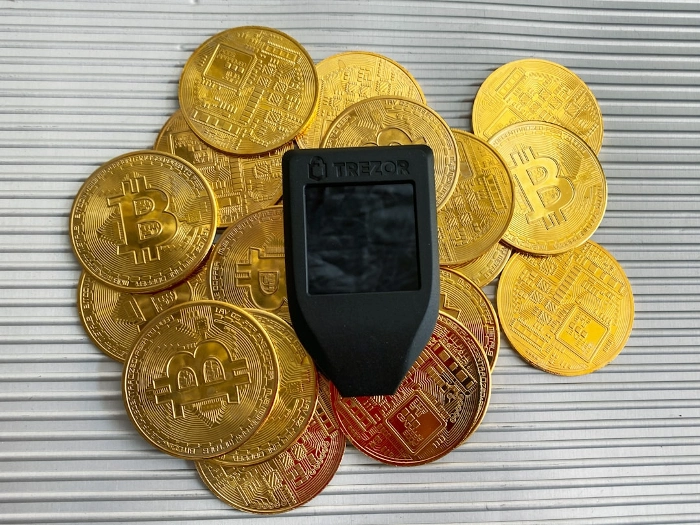Exploring Cold vs. Hot Crypto Wallets: Security, Accessibility, and Key Differences

Cryptocurrency has taken the world by storm, offering a decentralized alternative to traditional financial systems. One crucial aspect of owning cryptocurrencies is the need for a secure and reliable wallet to store them. Among the various options available, cold and hot wallets are the most popular choices, each offering distinct advantages and disadvantages. In this article, we will delve deeper into these two types of wallets, exploring their differences, security features, and usability.
Cold Wallets: A Fortress of Security
Cold wallets, also known as hardware wallets, are physical devices designed to store cryptocurrencies offline. They are considered the most secure option for storing digital assets, as they are not connected to the internet when not in use. This offline nature makes them immune to online hacking attempts and malware.
Types of Cold Wallets
Hardware Wallets: These are small devices that store the user's private keys offline. Examples include Ledger Nano S, Ledger Nano X, and Trezor. Hardware wallets are considered the gold standard for cold storage due to their robust security features.
Paper Wallets: A paper wallet is a physical document that contains a public address and a private key. It is considered one of the safest ways to store cryptocurrency, as it is not susceptible to online hacking.
Offline Software Wallets: These are software wallets that run on a computer or mobile device that has never been connected to the internet. They offer a high level of security, as the private keys are stored offline.
Advantages of Cold Wallets
Security: Cold wallets are highly secure, as they are not connected to the internet and are immune to online threats.
Offline Storage: The offline nature of cold wallets protects them from online hacking attempts and malware.
Long-Term Storage: Cold wallets are ideal for long-term storage of large amounts of cryptocurrency.
Hot Wallets: Accessibility at a Cost
Hot wallets, unlike cold wallets, are connected to the internet, making them more susceptible to hacking attempts. However, they offer greater accessibility and convenience for regular transactions and trading.
Types of Hot Wallets
Online Wallets: These are web-based wallets that store your private keys on a server controlled by a third party. They are convenient for accessing your funds from any device with an internet connection but are less secure.
Mobile Wallets: Mobile wallets are apps that run on your smartphone and allow you to store, send, and receive cryptocurrencies. They are convenient for making payments on the go but are vulnerable to hacking if your device is compromised.
Desktop Wallets: Desktop wallets are software applications that you download and install on your computer. They offer more security than online wallets since your private keys are stored on your computer but are still susceptible to malware and hacking.
Advantages of Hot Wallets
Convenience: Hot wallets are more convenient for everyday use, as they allow you to access your funds from any device with an internet connection.
User-Friendly: Hot wallets typically offer a more user-friendly experience, with intuitive interfaces that make it easy to send and receive funds.
Key Differences and Considerations
Security: Cold wallets are generally considered more secure than hot wallets due to their offline nature.
Accessibility: Hot wallets are more convenient for everyday use, while cold wallets are less accessible but offer greater security.
Cost: Cold wallets are usually more expensive than hot wallets, as they are physical devices that need to be purchased.
In conclusion, both cold and hot wallets have their own set of advantages and disadvantages. Cold wallets are ideal for long-term storage of large amounts of cryptocurrency, while hot wallets are more suitable for everyday transactions and trading. Ultimately, the choice between the two depends on your individual needs and risk tolerance. It is important to always make sure your Cryptocurrency is secure, no matter what kind of wallet you choose.
